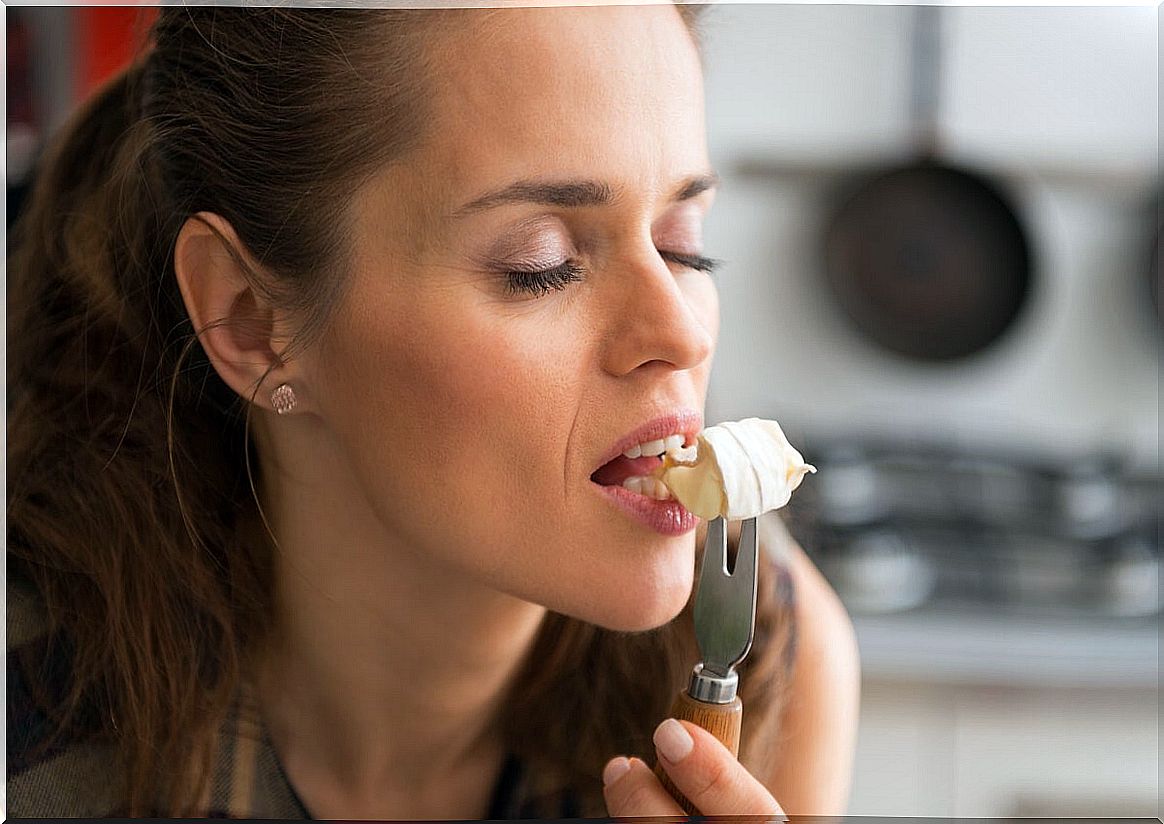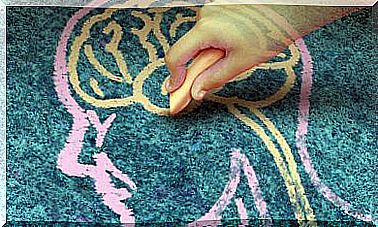The Sense Of Taste Changes With Age

The sense of taste is complex and its evolution is highly conditioned over the years. Over time, the way we perceive flavors changes. In fact, some foods may no longer like them, while others start to like them.
The sense of taste makes the act of eating a pleasure. It is eaten to survive, but also the taste adds potential satisfaction to the food intake. In this way, what is concluded is that age also affects the perception of what is pleasant.
Unlike sight or hearing , the sense of taste does not work alone. It combines with the eye, smell, hearing and touch to operate. Food is tasted with all the senses and this makes the taste actually quite a sophisticated experience.

Taste
The sense of taste has a lot to do with the survival instinct. It allows to perceive if a food is in good condition or not. It also intervenes in the perception of toxic flavors that could cause damage to the body. Thus, some flavors tend to be rejected automatically.
Likewise, thanks to this sense, it can be understood if a food has any of the nutrients that the body requires the most. When a meal offers a high number of nutritional elements and these are balanced, it is most likely that it will be more appetizing.
Still, the sense of taste can be fooled relatively easily. Sweeteners provide the sensation of eating a certain nutrient, when you are not. Similarly, there are flavors that seduce, such as umami; This gives the food a very particular aftertaste and also induces more salivation and taste. However, it does not necessarily correspond to more nutritious meals.
Taste changes with age
If a person loses any of the other senses, taste is affected. This is easily checked when a person has a cold and temporarily loses their sense of smell. From this moment on, he feels that the food “does not taste like anything”, which in many cases causes him to change his eating patterns.
Well, around the age of 60 something like this happens in the body. The olfactory sensations begin to decrease in intensity. This increases and reaches a maximum peak around age 70. The decline in smell is due to the fact that the olfactory receptors, located at the back of the nasal cavity, are less and less able to regenerate.
Likewise, age causes changes in the structure of the taste buds. These are the taste receptors and are located mainly on the tongue, but also on the palate. A specific type of these papillae (fungiform) decreases in quantity and quality with old age. Under these conditions, there is less ability to taste food.

Flavors in old age
Added to all of the above is the fact that many people lose their teeth, or part of them, at an advanced age. Dentures are usually used, but if they do not fit properly, they lead to salivation and chewing not as efficient. This, in the end, reduces the contact of the food with the taste buds.
Aging also leads to less salivation. Over the years, the amount of fluid decreases and the components of food do not dissolve as easily. This makes the flavor not fully perceptible and leads to a diminished sense of taste with age.
If to all the above is added the habitual intake of medications and the consumption of elements such as tobacco, things are even more severe. In this way, cancer treatments, as well as head injuries and respiratory infections affect the acuity of the sense of taste. Some of these conditions are relatively common in later life.
Of course, the ability to taste does not diminish in all people in the same way. Sometimes it is milder and at other times more severe. As in so many other cases, a healthy lifestyle causes taste to undergo less pronounced changes.









